Deciphering the Ideal Single Car Garage Size: Finding the Perfect Fit
Estimated reading time: 5 minutes
When considering the addition or modification of a garage, comprehending the various garage sizes and their dimensions is crucial. Whether you’re contemplating an attached garage to your main house or a detached garage that stands alone, the choice significantly affects your living space and storage space. Single-car garages, two-car garages, and even three-car garages offer different benefits, from housing your car or smart car to providing ample extra storage space. This expanded guide explores the essential considerations for determining the perfect single car garage size, incorporating a broader range of key terms and considerations.
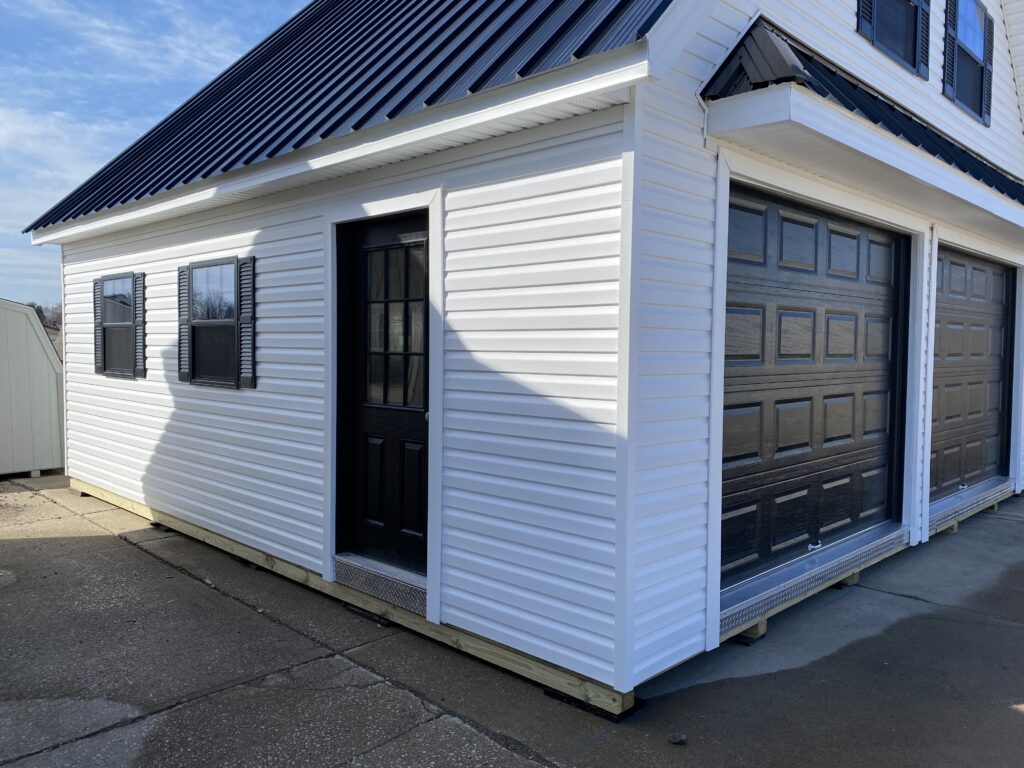
Detailed Single Car Garage Dimensions
The standard garage door size for a single car garage typically ranges between 9 to 10 feet in width, 18 to 20 feet in length, and 7 to 8 feet in height. This is the average single car garage door size. These dimensions are designed to comfortably fit most cars, with enough room for additional storage or a work area. However, car garage sizes can vary, especially if you’re considering custom built garages that cater to specific needs like larger vehicles or extra space for DIY projects.
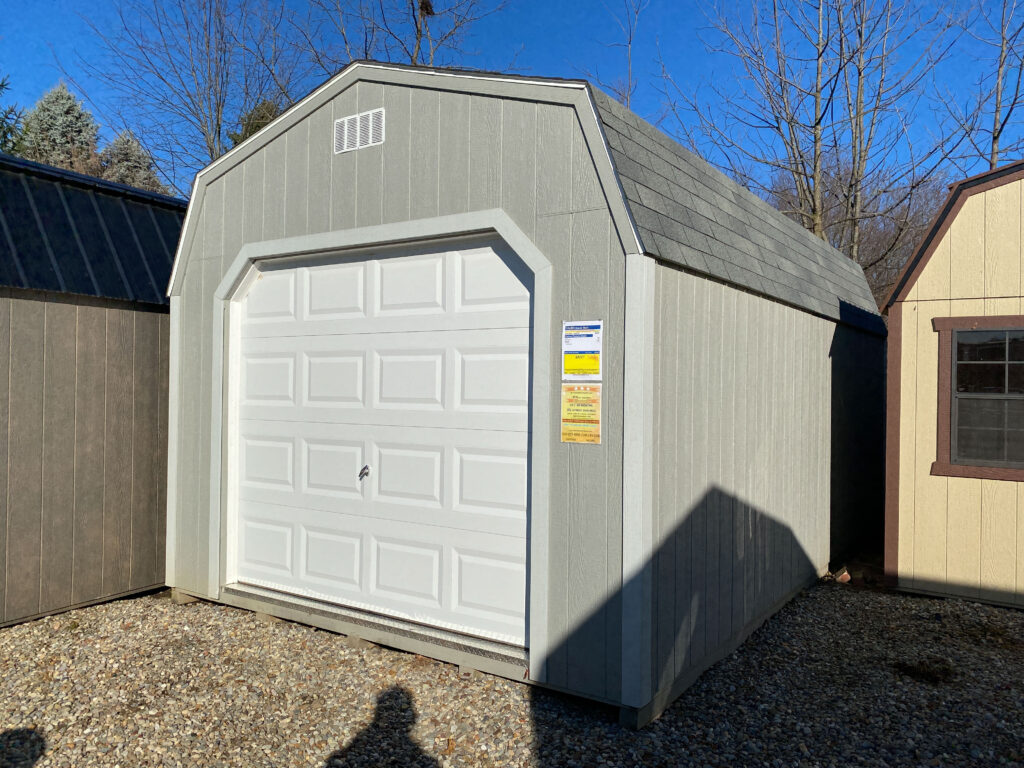
Car Garage Size and Vehicle Size
Your vehicle’s dimensions significantly influence the garage dimensions needed. While compact cars and family cars easily fit within the standard dimensions, larger vehicles or those planning for a larger vehicle may require an oversized garage. The concept of garage depth becomes essential here, ensuring enough space for the car, storage area, lawn equipment, and shelves for additional storage.
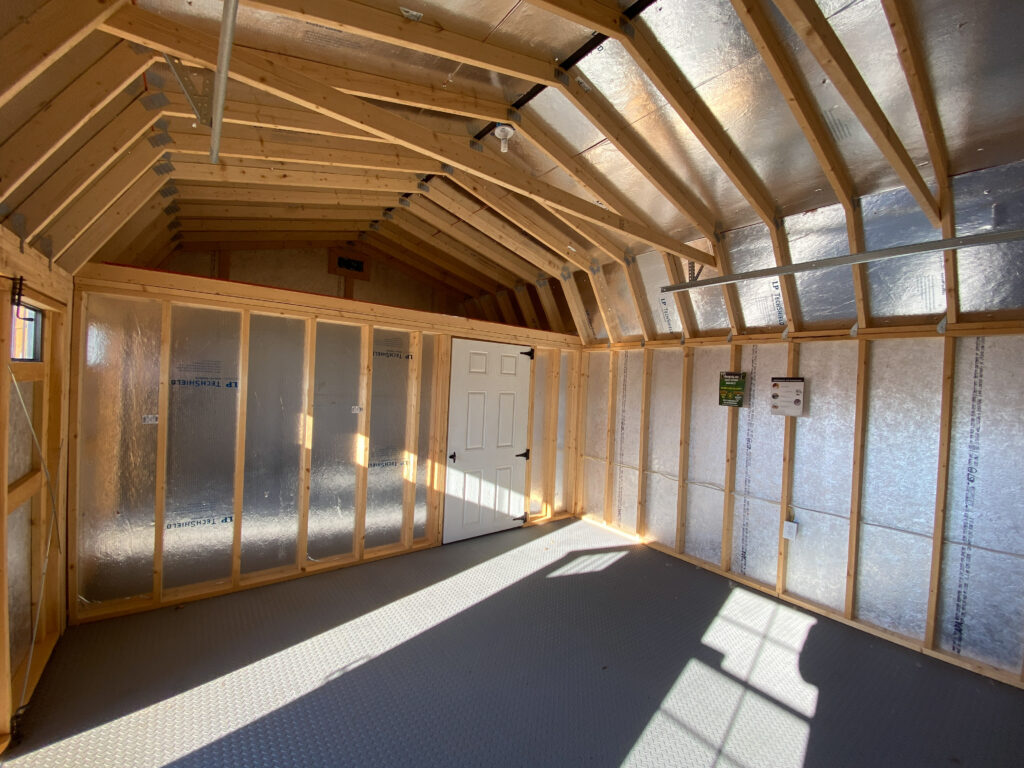
Maximizing Garage Space for Multiple Uses
A single car garage can serve various functions beyond just storing a car. While the one car garage dimensions may seem to limit, there are limitless possibilities in how to utilize your garage. Here are a few ideas to maximize your garage space:
- Extra storage space: Ideal for lawn equipment, seasonal decorations, or as an additional storage space.
- Workshop or hobby space: Many homeowners find garage space perfect for DIY projects or hobbies, necessitating additional space for tools and materials.
- Home gym: Converting a part of the garage into a home gym requires considering the space inside the garage to accommodate fitness equipment.
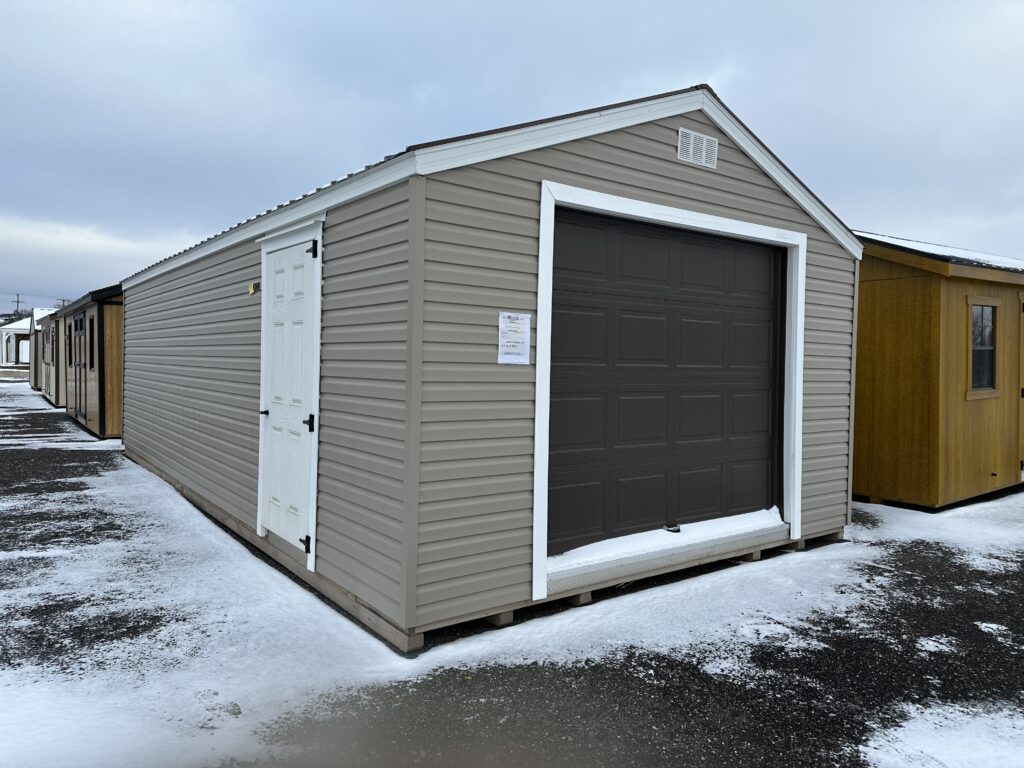
Considering Future Needs and Garage Customization
Local building codes can have a significant impact on garage sizes. It’s crucial to check with local authorities to understand the standard garage dimensions and regulations, ensuring your garage meets all requirements and avoids potential legal issues.
Looking ahead is vital when planning your garage. If you anticipate needing more space, whether for additional living space, extra cars, or expanding your hobbies, designing a garage with additional space can be wise. Furthermore, custom garage designs allow for flexibility, whether looking at detached garages or attached garages, enabling you to tailor garage sizes and features to your precise needs.
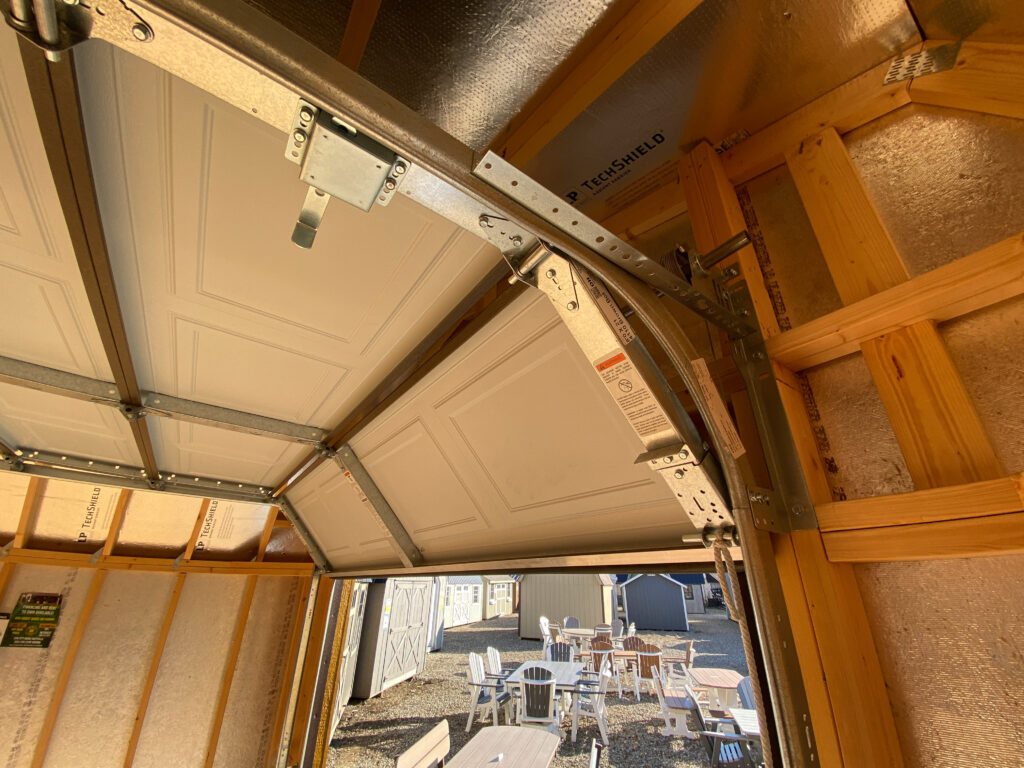
The Luxury of Larger Garage Sizes
For those with space and budget, exploring beyond the one car garage to two car garages or even three car garages can provide the dream garage. These larger garage sizes not only offer more space for vehicles but also allow for much additional storage space and extra storage space, turning the garage into a versatile area for cars, storage, and activities.
Customization:
Remember that you have the flexibility to customize your single car garage size to meet your specific requirements. While there are standard dimensions, you can work with a builder or contractor to design a garage that perfectly suits your needs and fits within your budget.
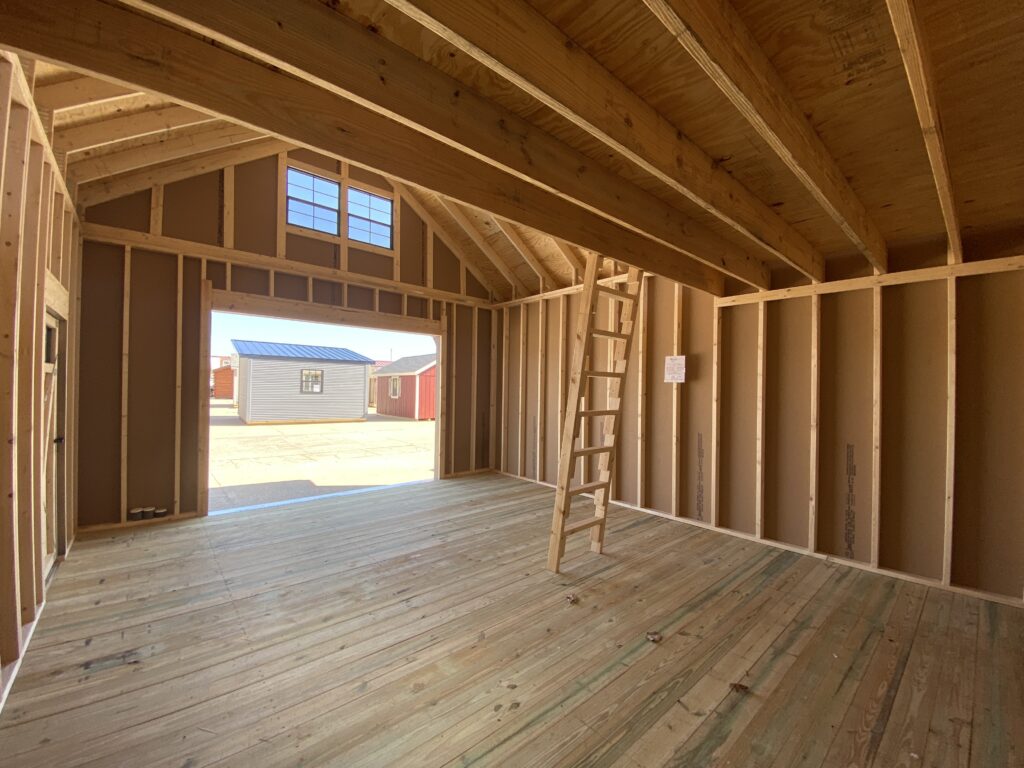
Conclusion
Selecting the right garage size involves balancing your immediate needs with future aspirations. From car garage size for compact cars to oversized garage requirements for larger vehicles and hobbies, each decision influences the functionality and value of your garage space. Whether opting for a standard single car garage, exploring two car garages, or customizing a garage to fit unique needs, carefully planning and considering garage dimensions will ensure your garage is a valuable addition to your home.
In exploring the single car garage size and its versatility, it’s also beneficial to consider the options and advantages of larger garages. For those contemplating an upgrade or addition, the transition from a single car garage to a two car garage presents an opportunity to significantly enhance garage space, extra storage space, and additional living space. To gain insight into the standard dimensions, practical uses, and customization options for two car garages, our comprehensive guide on “The Most Common 2-Car Garage Dimensions and Their Uses” offers valuable information and inspiration. Explore this resource here to understand how a two car garage can meet your evolving needs for more space, flexibility, and convenience. Whether you’re aiming for additional storage, a larger workshop area, or simply enough space for two cars, this guide will help you make an informed decision that aligns with your lifestyle and space requirements.
